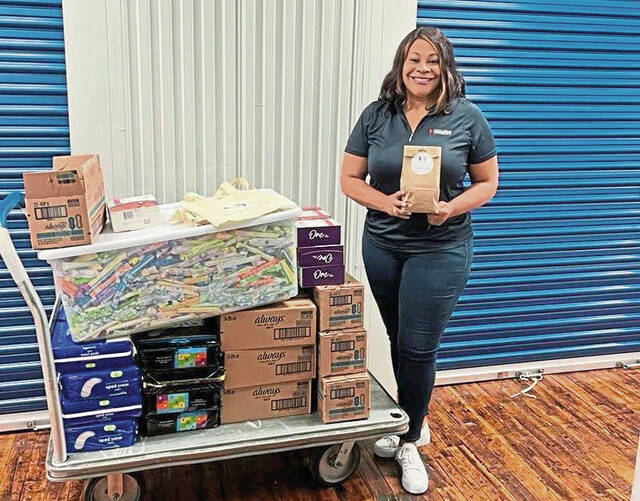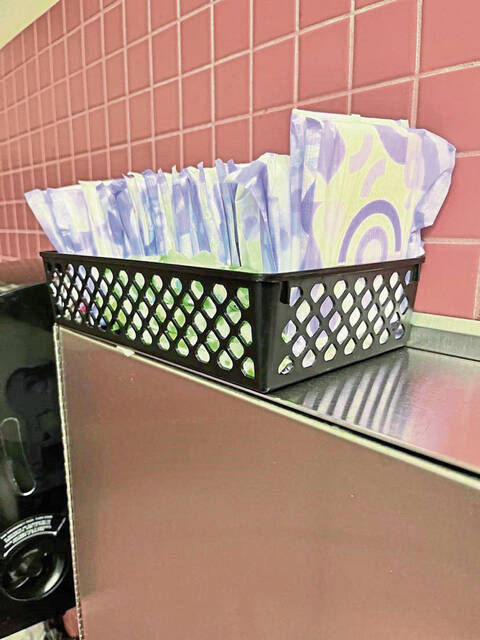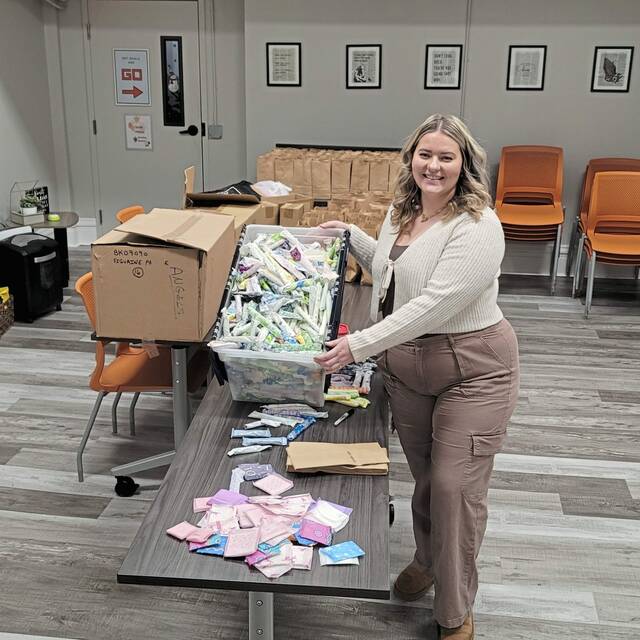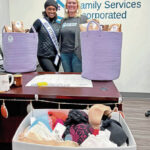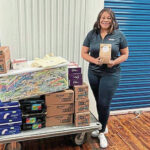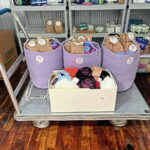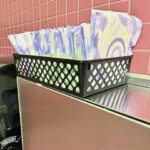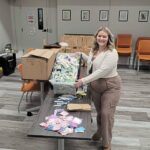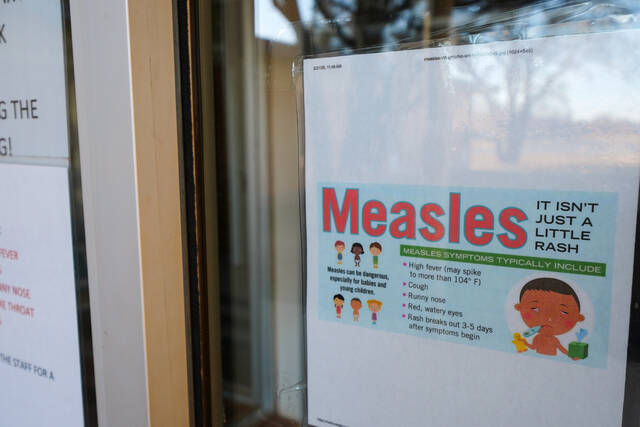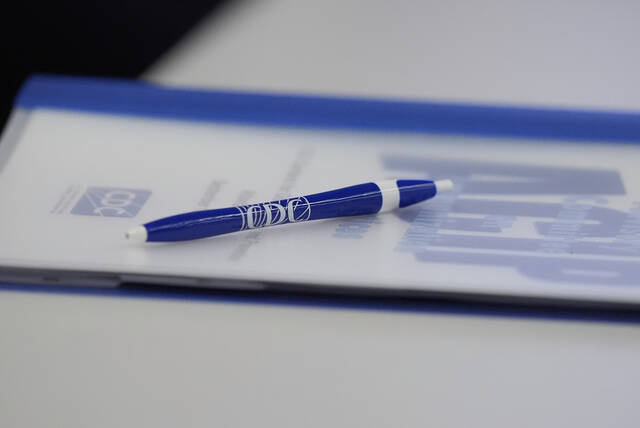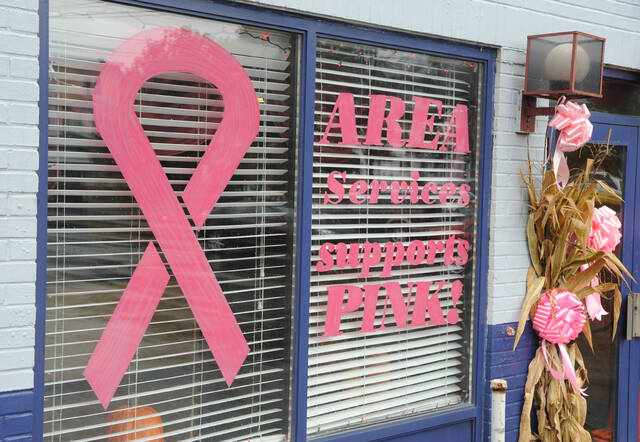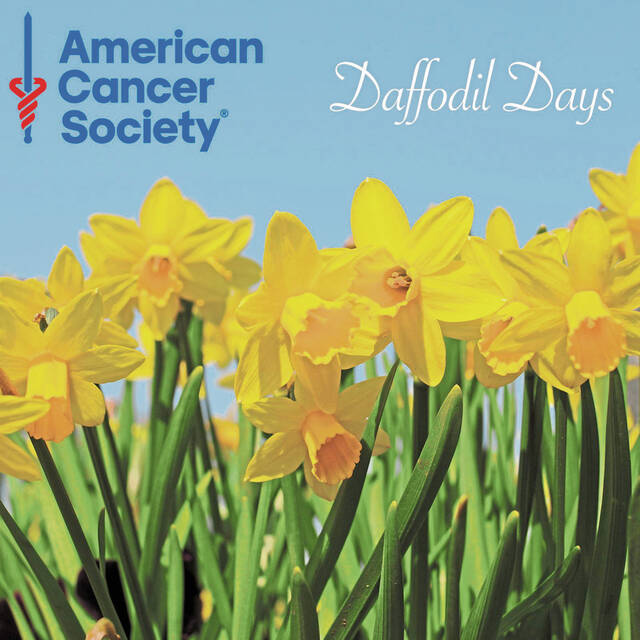Tamara Abney recalled going into the restroom and realizing her period started. She searched her purse multiple times — nothing.
She looked through bags she was carrying and pants and jacket pockets — still nothing.
“If you don’t have a tampon or a pad (when your period starts), it can be embarrassing,” said Abney, founder and executive director of SisterFriend, Inc., a nonprofit company that has been partnering with organizations and individuals to directly distribute menstrual hygiene products. “I have never been in period poverty, but I have been the person in the bathroom without a menstrual product or no quarters to buy one from a machine. Sometimes it comes unexpectedly and you aren’t prepared.”
And when that happens you have to improvise, which is what Abney and so many women have had to do.
They may wrap a few pieces of toilet paper or paper towels as makeshift menstrual products until they can find someone who might have what they need and who they aren’t embarrassed to talk to about the subject.
“You usually ask a friend or sister, ‘Hey, do you have a pad or tampon?’ ” said Abney of Pittsburgh’s North Side, which is how she chose the name SisterFriend. “It’s a question you feel comfortable asking someone close to you.”
But to Abney, it shouldn’t be a question at all. Pads and tampons and other such period products should be as easily accessible as toilet paper and paper towels.
Period.
That’s why she’s been advocating for period products for years.
SisterFriend Inc.
She started the company from her home in May 2015. When the boxes of tampons, pads, feminine wipes, bras and panties took over her house, she found a warehouse in the Strip District.
Abney has made deliveries in her car and taken products to whoever reaches out.
“I decided to do this because the more we talk about, it the more we will understand it,” said Abney, who has given out 750,000 pieces of menstrual products, including underwear, and other necessities such as bras, wipes and panty liners. “It’s about working together to break down the stigma surrounding menstruation and ensure that everyone has access to the supplies and support they need to succeed.”
Abney said she knew this was an issue when she worked as an independent contractor for Bethlehem Haven, an organization that provides shelter, housing and services to vulnerable women in Allegheny County. Pads and tampons were not items people donated.
At Bethlehem Haven, women experiencing homelessness have multiple needs that must be met, executive director Annette Fetchko said via email.
“While basic needs such as food and clothing are generously donated in an emergency shelter environment, the availability of personal hygiene products such as menstrual products are not available,” Fetchko said. “The mission of SisterFriend to serve this need for women experiencing homelessness is critical.”
Crystal McCormick Ware, chief diversity officer at Duquesne University, who has known Abney for decades, concurred.
“I am so proud of Tamara and where she has gone with this,” McCormick Ware said. “She has taken it to another level and has been diligent and persistent. She turned thoughts into actions. No one was talking about this, and she started the conversation.”
Continuing the conversation
That conversation continues to evolve as Abney shifts her focus in 2024. What began as a mission to seek out donations and deliver as many products as possible to schools, recreation centers and women’s shelters has pivoted to more advocacy work and education.
“I made this decision to look at the larger picture and work on influencing organizations to put menstrual products into their budgets,” Abney said. “They budget for toilet paper and paper towels. We need to change the mindset of people. A lot of times there aren’t products in restrooms, and if there is a machine it is not always stocked. Even if it is, there may be people who need these items but don’t have money to pay for them.”
The women who come to Light of Life Rescue Mission on Pittsburgh’s North Side have faced tremendous hardships, said Hollie Davis, program administrator for the Mission.
“Having to worry about locating or affording feminine products shouldn’t be something they have to deal with on top of their current situation,” Davis said. “Having these products on hand for the women we serve isn’t just a bonus, it’s necessary. We’re grateful to be able to provide them to the women we serve each day.”
Abney recently launched the “Period Party Challenge,” a way for people to come together and support menstrual equity.
“It’s a chance for you and your friends to host gatherings with a purpose, to not only enjoy each other’s company but also to collect and donate menstrual products directly to schools, Boys and Girls Clubs, YMCAs, and other local organizations,” Abney said. “By doing so, you’ll be contributing to the well-being and educational opportunities of young people in your area.”
A tool kit to hosting a period party can be found online at SisterFriend.org.
This isn’t just about the physical aspect of periods. It has a mental health component as well, Abney said. Not having menstrual supplies can have a serious impact on one’s mental state, making it difficult to focus and learn, Abney said.
One educational area Abney said she has seen progress is at local colleges and universities that she’s partnered with. She said many of them have realized the need for this and have made an effort to have products available on campus. “People in administrative positions are doing something about it,” Abney said. “Sometimes people assume college students can afford these products. They might think these students have jobs.”
Abney said the lack of products is similar to food insecurity where people think college students have money for meals when they actually might not, and live on a lot of ramen noodles. Some also are on government assistance, which doesn’t cover these products, though it might in the future.
In June, the Pennsylvania House of Representative passed legislation (H.B. 850) that would provide a waiver for people who menstruate and utilize SNAP or WIC to purchase menstrual hygiene products and diapers using those programs. That is a step in the right direction, Abney said.
So is having the support of people such as McCormick Ware, who is keeping the conversation going. She has been focused on getting products throughout the Duquesne University campus and has proposed that it be part of the university’s budget. A Duquesne student came to her and was in tears when she saw the free supplies.
“She said ‘Oh my God, I can’t believe this is happening,’” McCormick Ware said. “She needed something at that moment and didn’t have time to run back to her dorm. Why should someone have to pay for something that happens to their body that they don’t have a choice about?”
Budget items
Getting these items as part of a school or business budget is one way to break the stigma and create more advocacy for the products. Abney hopes to see these products available in every school, government building, recreation center, food pantry, office – wherever they are needed.
At Seton Hill University in Greensburg, the Office of Health Services has menstrual products available for anyone who might need them on a counter alongside health education materials. They can be accessed at any time, according to spokesperson Jennifer Reeger.
Abney and SisterFriend became connected with Carlow University in Oakland through student Julie Goldberg. She was doing research on menstrual equality and told Erin Tunney about SisterFriend. Tunney is director of Carlow University’s Project Safe, an effort to enhance the prevention of and responses to domestic and sexual violence across the community.
“I contacted Tamara and she was so helpful,” Tunney said. “She gave us advice and was willing to donate some products we needed. We now have period products in our bathrooms and it is like it has always been that way.”
She said the challenge now will be having the inventory to keep the products stocked.
“This is an expectation now, and we need to find ways to keep it going,” Tunney said. “This should be a normal thing, the standard. One of the core values at Carlow is hospitality, having everyone feel like they belong to the community. This seems like something so small, but it has a lasting impact.”
There is a need
Carlow said the products are placed in baskets and accompanied by a sign alerting individuals who need a larger supply to come to Health Services to get their own package.
“We refill these bins monthly,” Tunney said. “The feedback on having these products available has been overwhelmingly positive. It is hard to imagine Carlow going back to a time when we did not have these products available. At Carlow, in just a few short months, I believe we have shifted the view that we should be discreet or shameful about period products to a view that anyone who experiences a period deserves to have products available at no cost.”
Abney is performing a crucial service to address period poverty and highlight the importance of institutions providing products for their community, Tunney said.
Miranda Diess, a fifth-year student studying healthcare management at Carlow, helps keep the baskets on campus filled with menstrual products. She did an internship with Project Safe, and through that experience found out about this latest endeavor. She said she has received positive feedback.
“We are making progress,” Diess said. “When you find yourself in a bathroom in that situation (without a menstrual product), it is the worst feeling in the world. And this is such a simple thing. It has to be normalized.”




